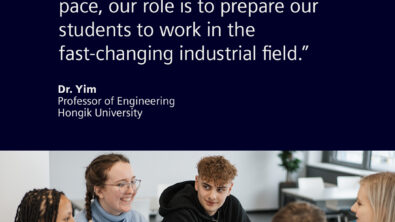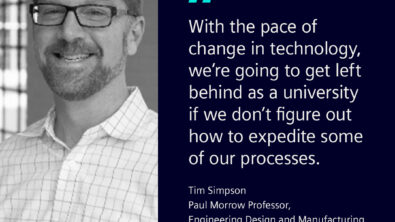Digitalization Impacting Engineering Education
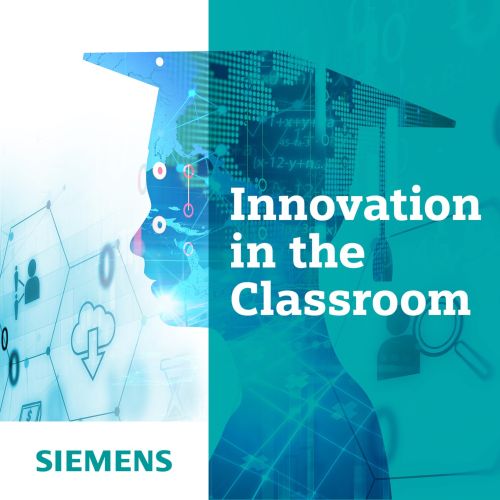
As a result of the COVID-19 pandemic, teachers and students alike have had to adjust their educational strategies to fit the demands of our new normal. One silver lining? The rate of academic digitalization has increased dramatically across all industries, but especially in education.
On this episode of Innovation in the Classroom, our host Dora Smith speaks with Michelle Boucher and Sirin Tekinay, who are helping to shape the future of the engineering education.
Hear from Michelle Boucher, the VP of Research for Engineering Practices at Tech-Clarity and Sirin Tekinay, the Dean of the College of Engineering at the American University of Sharjah about best practices for industry and academia collaboration and how students are adapting to a completely virtual learning environment.
Some Questions I Ask
- Sirin, can you share your perspective on changing from a ‘push’ to a ‘pull’ approach in engineering education? (4:59)
- How have you found the students adjusting to this new normal? (9:15)
- Michelle, what do you think is really key to keeping this pace of innovation of digitalization to prepare students for working in the industry? (12:38)
- What forms of collaboration have you seen to be most effective? (18:19)
- How do we teach students soft skills? (23:22)
- Michelle, did you notice in your research that universities are leveraging software and technology to optimize learning? (29:50)
- What is your feedback for companies like Siemens to better serve academia? (35:11)
In This Episode You Will Learn
- The global trends across universities that Michelle has seen in her research of digitization (3:30)
- How this semester has been different for Sirin (7:53)
- How Michelle and Sirin view the current relationship between academia and industry (15:04)
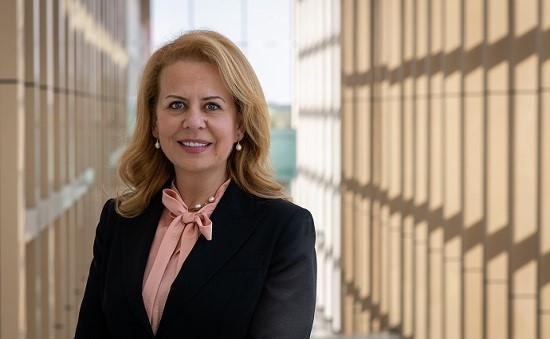
When asked about the shift to a virtual classroom setting, Sirin said, “This is the silver lining of the pandemic if you will. We always had a technology-supported learning platform and [we were] wanting to go more towards project-based learning and blended learning with our students, the flipped classroom model, and so on.” The digitalization of the classroom has allowed educators to place more emphasis on teaching real-world applicable applications and theory. The need for industry and academia collaboration during this time is imperative to not only keep students engaged but best prepare them for the workforce. Sirin offers insight from the academia side, and Michelle gives insight into the current research through the lens of business.

Tech-Clarity’s research report, “How Academia Can Close the Engineering Skills Gap in the Age of Digitalization” explores how the needs of educators and industry professionals align in order to benefit students. Citing the report, Michelle said “…looking at schools, overall, industry reports that they’re struggling to find engineers with the right skills. And some of my past research, we found that 46% of industry respondents say that the new engineers that they hire just lack good problem-solving skills. They want students to be able to apply technology to solve problems so, we found that 81% find that new hires are not prepared to apply technology, and they need significant training. I’d say schools, for the most part, are headed in the right direction, but there’s a lot of work to do.”
Additionally, this rate of digital transformation in engineering education has emphasized the need for an integrated teaching approach that focuses on the business as well applications of theory and problem-solving techniques. This starts with a concerted effort from educational institutions around the world to update their curriculum to meet the needs of industry 4.0.
Tune in to learn how engineering education and industry are aligning, finding dissonance, and what Michelle and Sirin recommend for joint success. To learn more about the research discussed, including impacts of COVID-19 on the emerging workforce, read the Tech-Clarity report “How Academia Can Close the Engineering Skills Gap in the Age of Digitalization.”
Connect with Michelle
Connect with Sirin

Innovation in the Classroom
Innovation in the Classroom by Siemens explores best practices to empower the next generation of digital talent. In this podcast series, Dora Smith takes you through discussions with leading voices from the world of engineering education who are preparing future engineers in Academia 4.0 to shape the world of innovation.
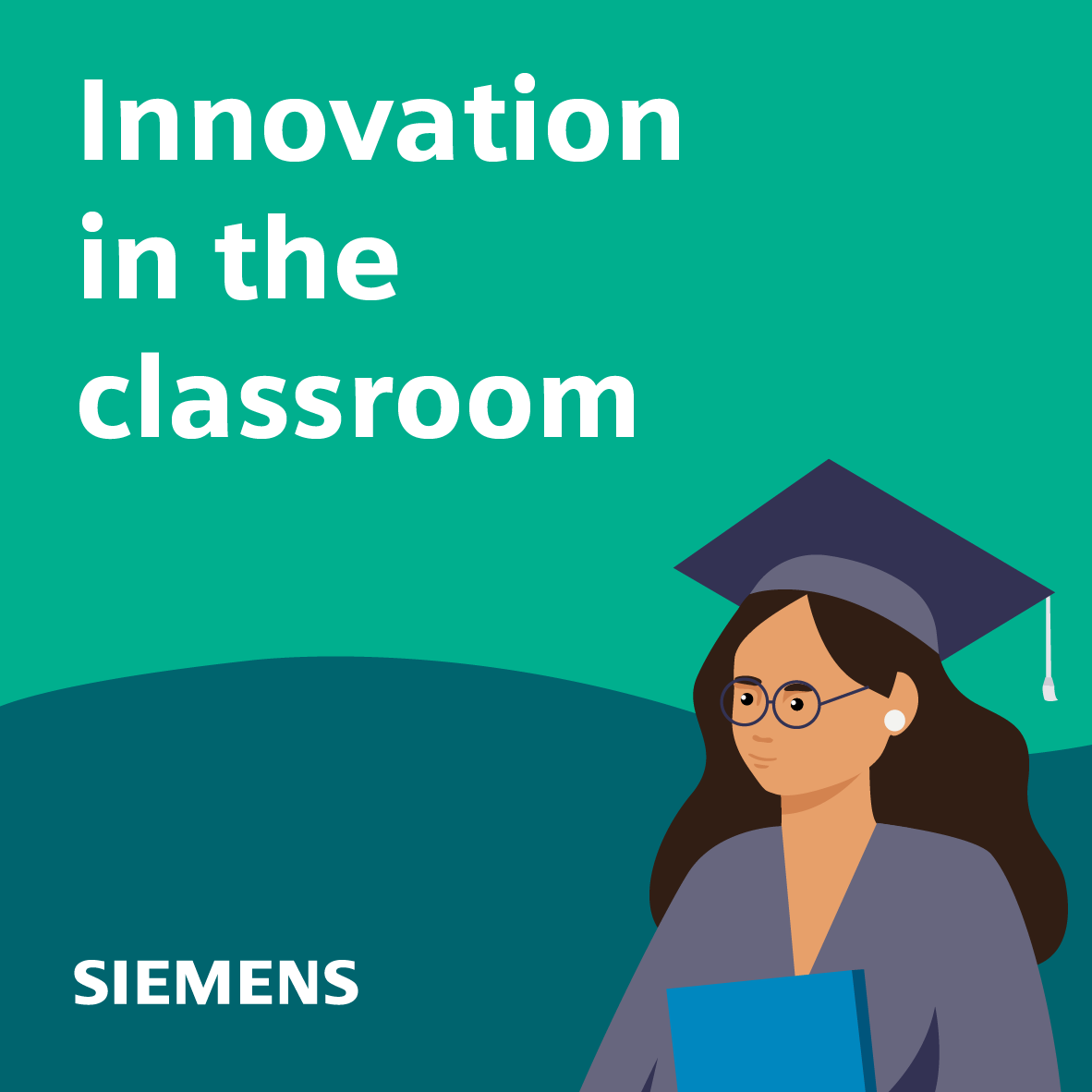
Innovation in the Classroom Podcast
Innovation in the Classroom by Siemens explores best practices to empower the next generation of digital talent. In this podcast series, Dora Smith takes you through discussions with leading voices from the world of engineering education who are preparing future engineers in Academia 4.0 to shape the world of innovation.
